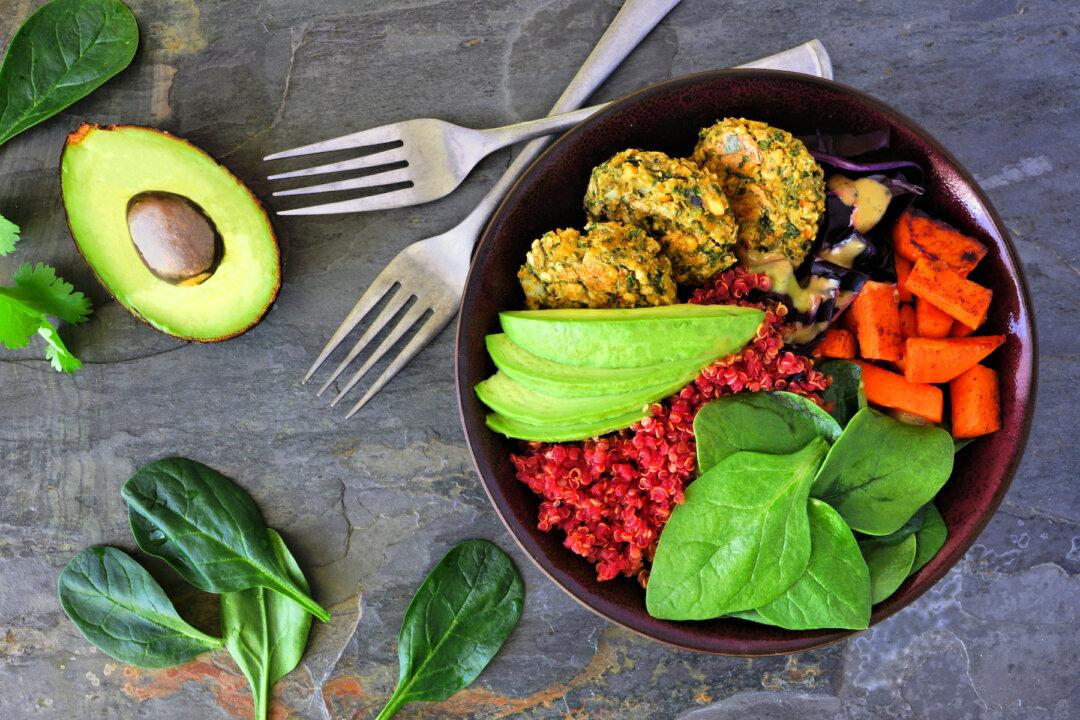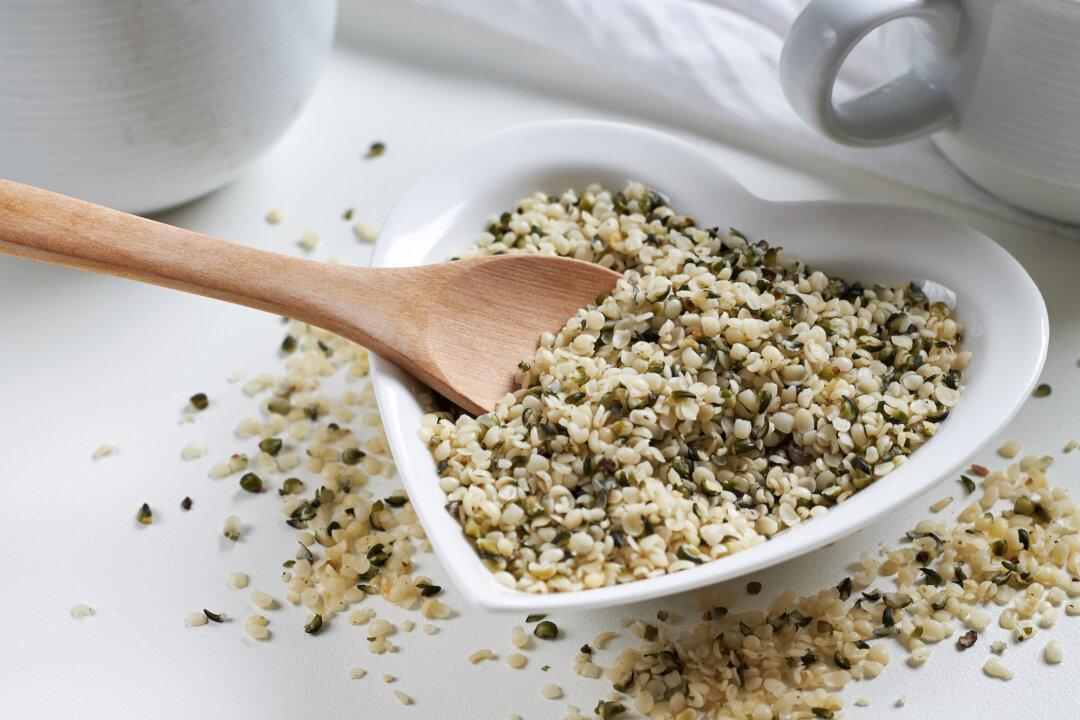Obesity is widespread in the United States, with the CDC estimating its prevalence at a stunning 42.4 percent of the adult population. More than just a cosmetic or aesthetic issue, obesity – defined as a body mass index of 30 and above – is a serious medical problem. But, today, we have some exciting weight loss news to report.
First, to be clear: Not only does being overweight tragically shorten lives, but it increases the risk of many other potentially life-threatening conditions – such as heart disease, stroke, type 2 diabetes, sleep apnea and certain types of cancer.





